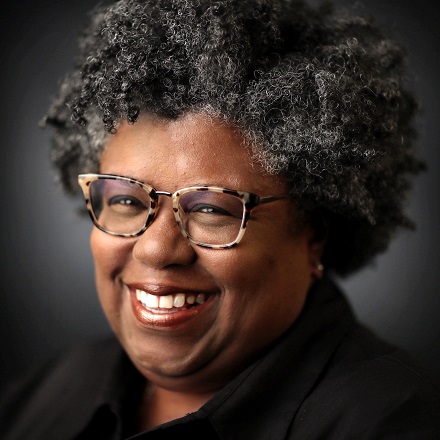Curtains to rise on Shelby County Youth Advocacy Center
Director of Community Initiatives for the Youth Advocacy Center Kena Vassar (left) guides Shelby County Mayor Lee Harris (center) and Commissioner Mark Billingsley through a tour of the new center on August 13, 2019. The center is a pilot program that will try to keep young people out of the juvenile justice system through mental health evaluation and intervention. (Jim Weber/Daily Memphian)
Shelby County officials got a preview of the Shelby County Youth Advocacy Center, a pilot project aimed at helping young people avoid the juvenile justice system while addressing their mental health needs.
Topics
Dr. Altha Stewart juvenile justice Lee Harris Mark Billingsley Shelby County UT Health Science Center
Linda A. Moore
Linda A. Moore covers education, South Memphis and Whitehaven. A native of South Memphis, Linda has covered news in Memphis and Shelby County for more than 20 years and was formerly a reporter with The Commercial Appeal.
Comments
Want to comment on our stories or respond to others? Join the conversation by subscribing now. Only paid subscribers can add their thoughts or upvote/downvote comments. Our commenting policy can be viewed here.